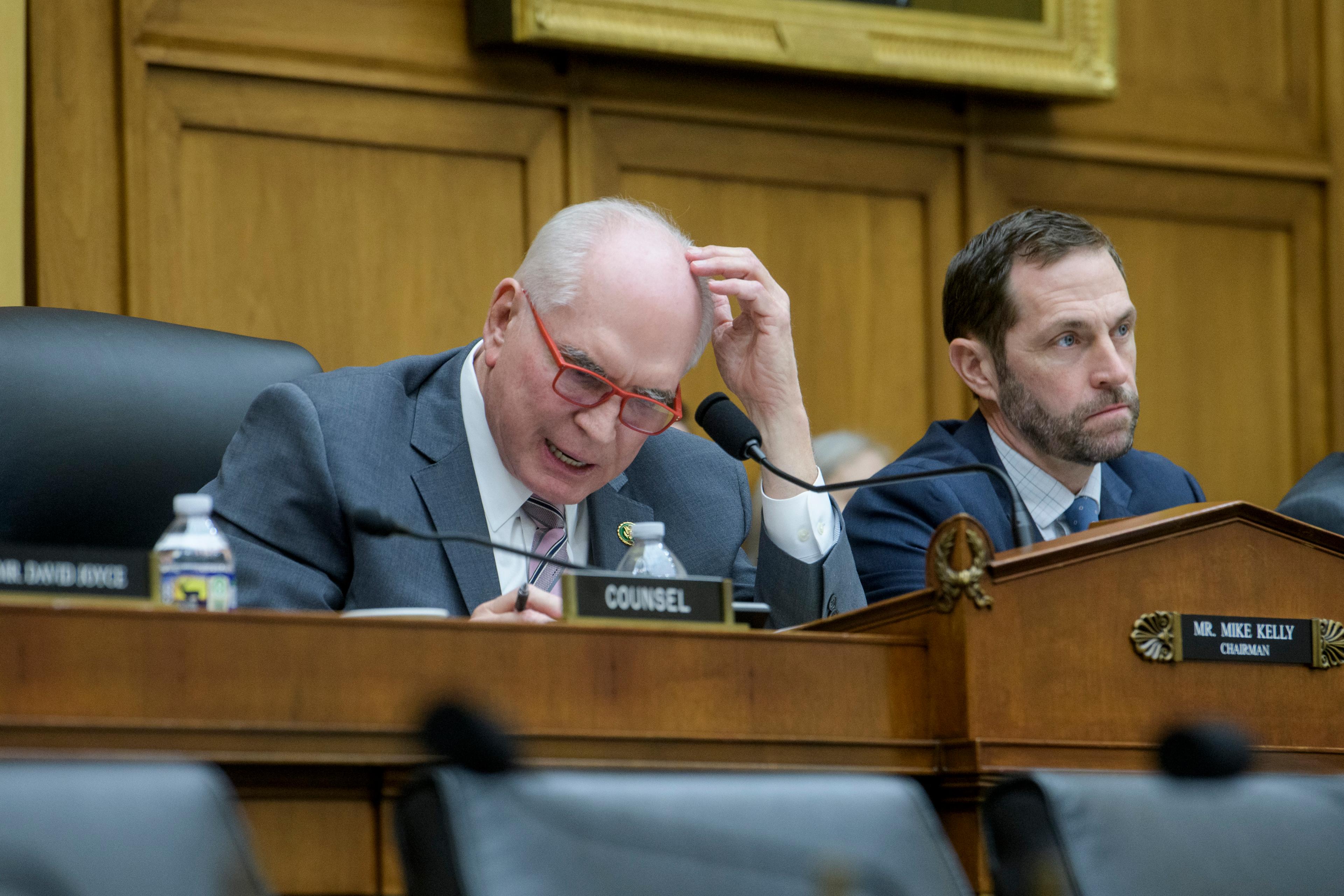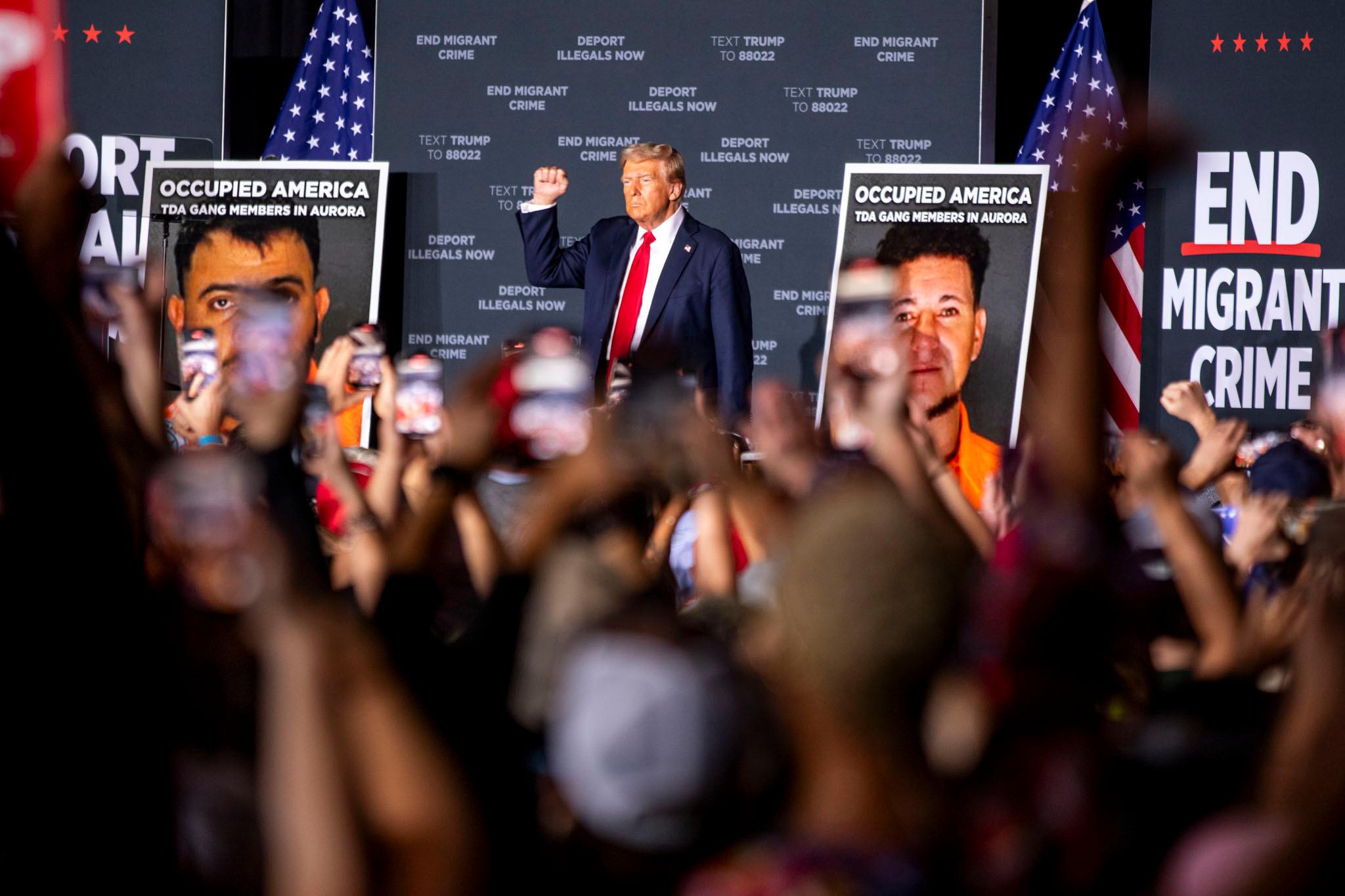
When Colorado Rep. Jason Crow was named ranking member of the task force investigating the assassination attempts on President-elect Donald Trump, he said he was committed to a thorough bipartisan process to collect the facts and recommend corrective measures.
Five months later, the bipartisan group led by Crow and Chair Rep. Mike Kelly of Pennsylvania believes it has done just that.
“The product speaks for itself,” Crow said of the final report that is expected to be released in the next few days. “This report is extremely thorough … it is the most comprehensive assessment of what happened and what didn’t happen on July 13.”
The shooting at a rally in Butler, Pennsylvania, grazed Trump’s ear, killed a rallygoer and wounded another. The panel also looked into the incident on Sep. 15, when the Secret Service arrested a man hiding with an AK-47-style weapon near where Trump was golfing in Florida.
The task force held its final hearing on Thursday, first getting testimony from Acting Director of the U.S. Secret Service Ronald Rowe and then approving the final report.
Crow said he hopes the public understands that the task force was “serious and bipartisan and did its job … in a thorough and comprehensive way.”
He added that reforms need to be made, and the group identified the major issues and the changes necessary to ensure “this doesn’t happen again.”
The report is expected to lay out a few dozen recommendations for the U.S. Secret Service, the Department of Homeland Security and Congress.
Crow said the recommendations look at a number of issues from structure and resources to training and operations.
Crow’s main focus had been on command, control and communications failures, rooted in his previous military experience.
“If you don’t have effective command and control and communications, nothing else works,” Crow explained. “You had the world’s most elite law enforcement agency relying on handwritten notes and emails and texts on their personal phone to communicate with law enforcement partners. That is unacceptable.”
During his opening remarks, Kelly emphasized that members of the task force “never identified what our politics were about or what party we belong to” as they did their investigation.
“What we identified as is a group that was going to try and get answers to restore the faith and confidence that the American people have to have, not only in this Institution, but us,” he said.
Kelly noted the task force conducted 46 interviews, received over a dozen briefings with agencies and reviewed over 20,000 pages of documents, as well as visited the sites in Butler, Pennsylvania, and West Palm Beach, Florida.
Crow and other members of the task force stressed the importance of getting the facts of what happened out to the public, not that it would necessarily stop conspiracy theories around the shooting.
“Our job was to tell the story, to uncover the facts, to explain what happened and what did not happen, and to make recommendations for how to fix it and to restore America’s trust,” Crow said. “And then, at the same time, to actually, in a bipartisan way, do this investigation in a manner that demonstrates that we condemn political violence and that Republicans and Democrats can work effectively together on important issues.”
But one issue the report and the task force were not able to shed any light on, Crow said, was the motivation of the two would-be assassins.
- Rep. Jason Crow will help investigate Trump assassination attempt on congressional task force
- ‘Threats against elected officials are at historic highs’: Rep. Jason Crow on the Secret Service, protecting candidates, and attempted assassinations
- Task force investigating Trump assassination attempts pins blame on Secret Service failures in first hearing









